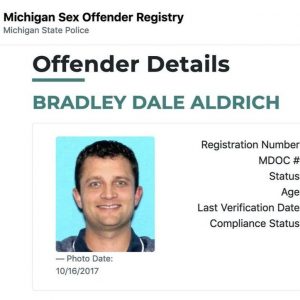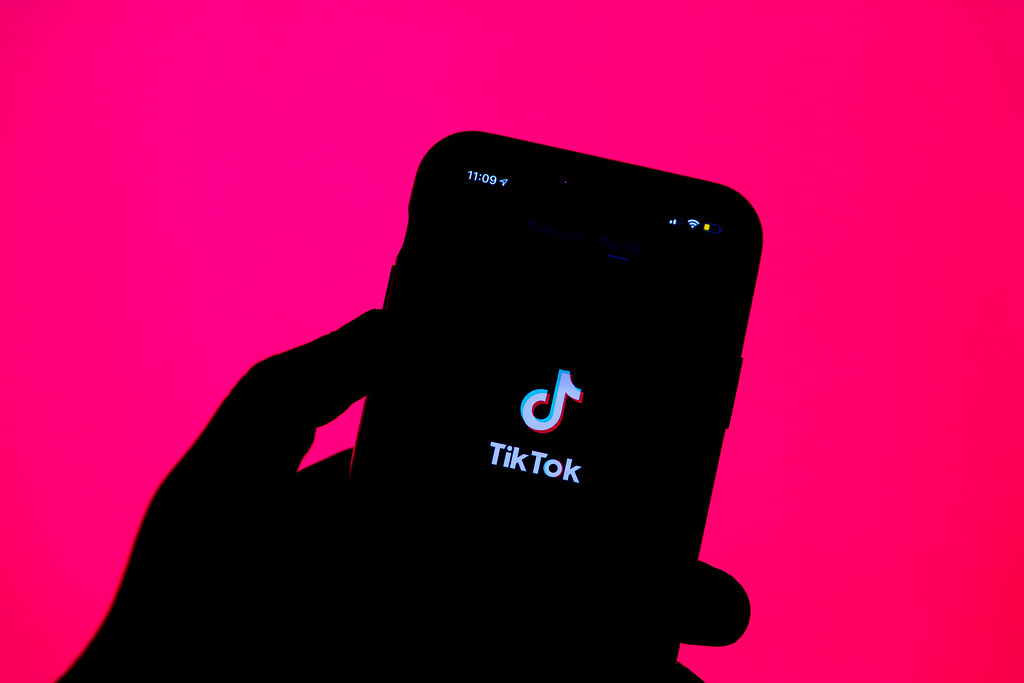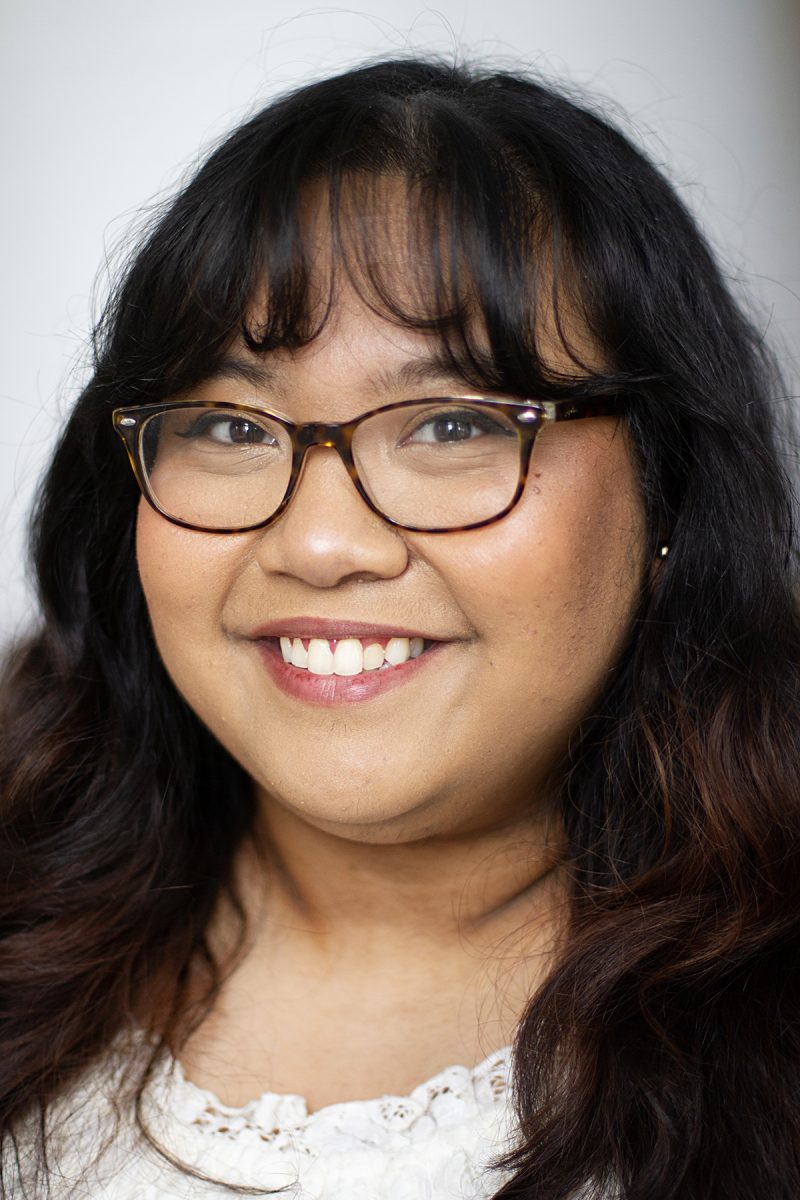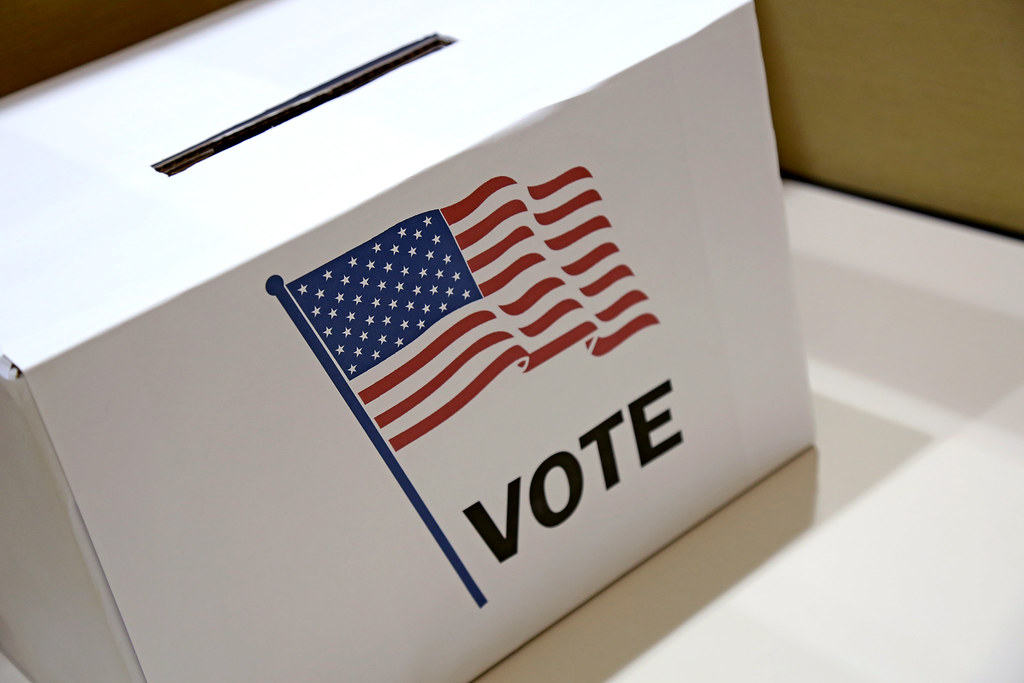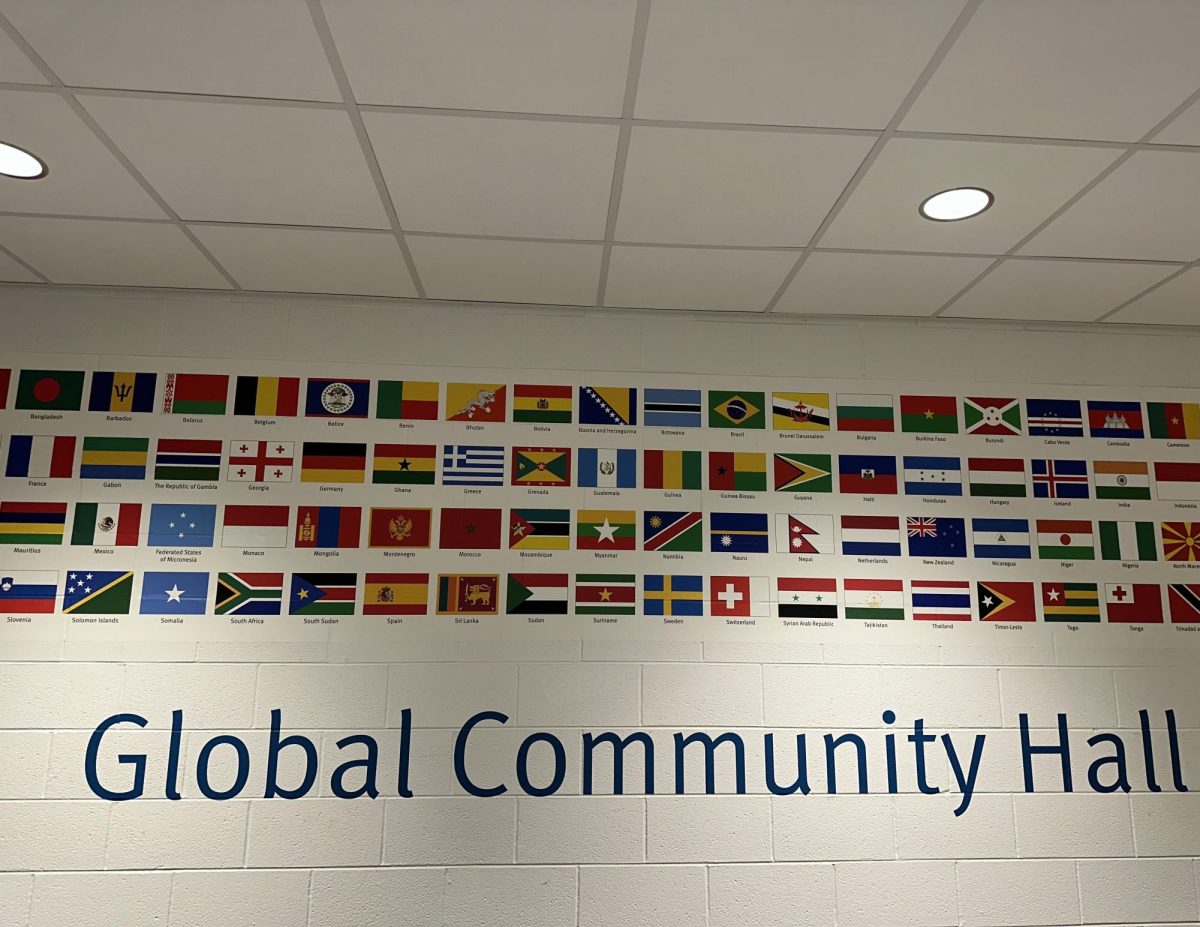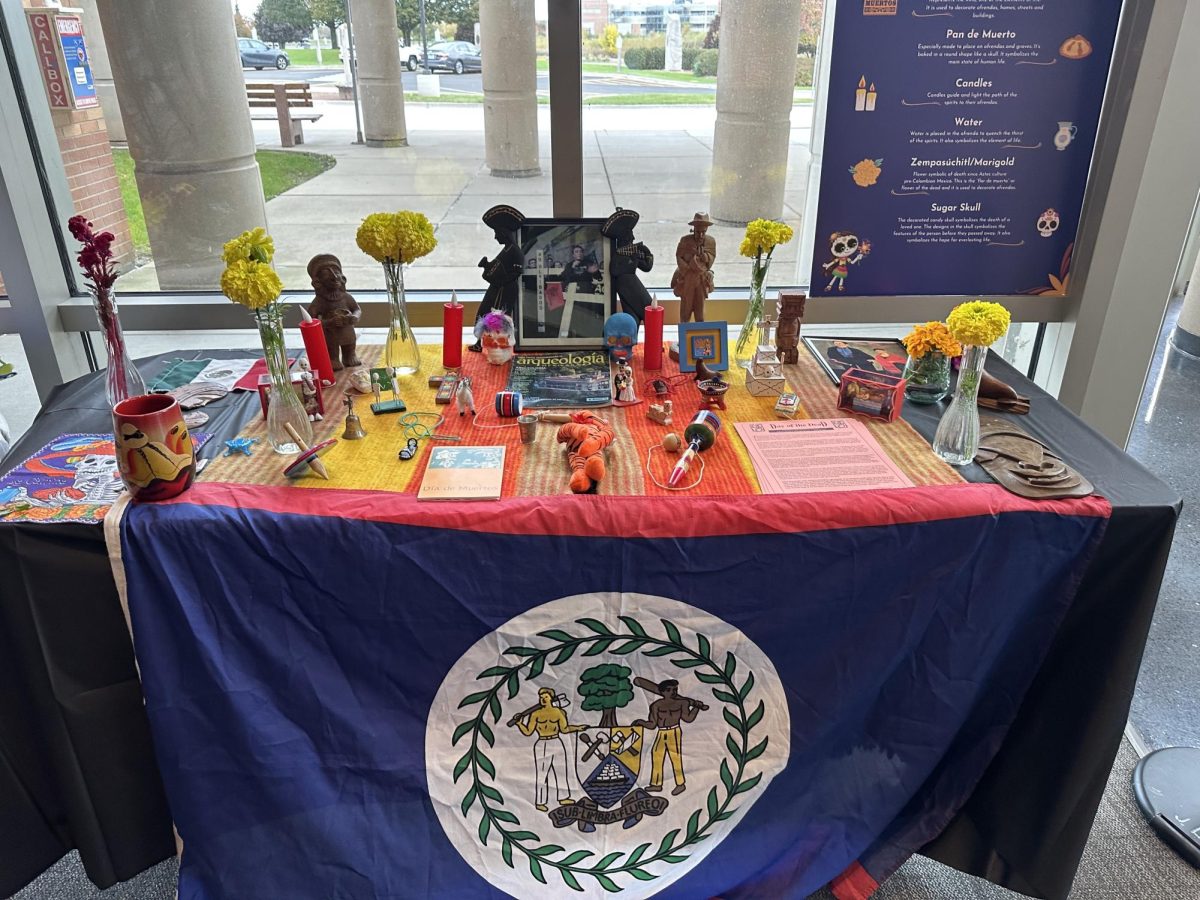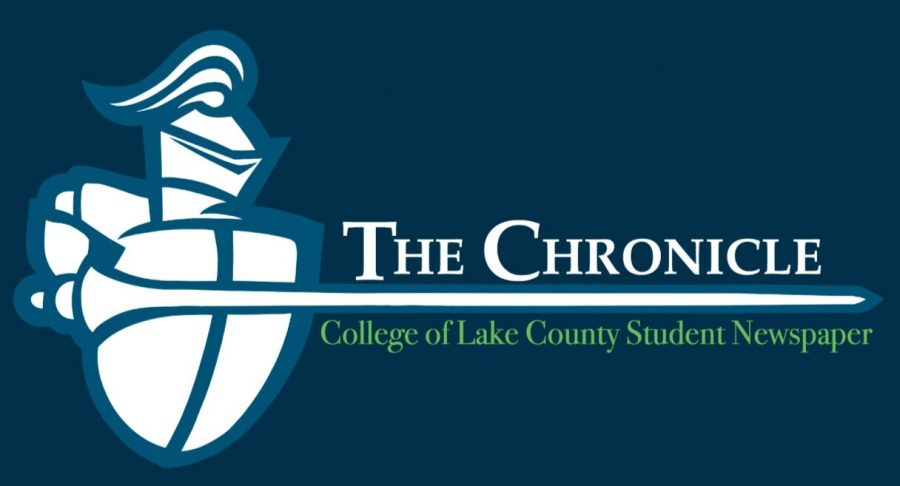Book banning has become a widespread practice of censorship in the United States. It has become a barrier when it comes to the exchange of ideas in both classrooms and libraries, decreasing the chances of the public being fully informed and aware of specific and complex topics that are perceived as “inappropriate” and “dangerous” for the youth by their parents, interest and pressure groups, and religious organizations. The results of this lead to a book being restricted or banned in a public space, such as being pulled off a reading list.
“It’s ultimately about control,” said Kelly Black, a College of Lake County reading instructor who teaches strategic reading and writing. “Literacy is power, and some people want to limit the power of others by restricting access to the ideas and concepts in books.”
Black stated that she finds it horrific, as it is ridiculous due to the new age of technology and the access it can give to the younger generation, as well as getting information from their own peers and family members.
“Do the book banners really think they will really stop their children from being exposed to ideas about our troubled racial past or LGBTQIA+ lifestyles because they pulled a book off the shelf?” Black continued with, “If they don’t want their child to read it, that’s their choice, but they shouldn’t be making that decision for everybody.”
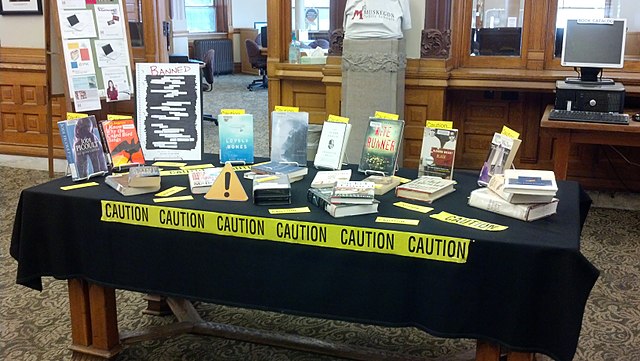
According to Black, there were bomb threats against the libraries in the Chicago suburbs. “It’s too much,” she expressed. “I am happy that we live in a state that is taking legislative action to limit book bans by withholding funds from public libraries in communities that try to ban books.”
The advantages of banning books seem to be lacking in comparison to the many disadvantages, as the only thing it can contribute is that a book on the reading list or in the library is “not developmentally appropriate.”
Black explained that it could be somewhat of a positive instance since librarians and teachers are not able to read the contents, so it is easy to have a book that is unsuitable slip into the bundle.
When asked about the negative effects of book banning, Black shared that the act of banning a book from the library can take away a reader’s opportunity to see and reflect on their literacy. She later went on to say, “Books enrich our lives in every way,” as these help in understanding different perspectives, building empathy among individuals, creating bonds and friendships, and seeing a reflection of diverse cultures.
On the other hand, when it came to the topic of censorship, such as changing words and erasing certain passages of the contents of a book, Black answered, “I don’t think censorship is beneficial in the long or short run.”
Black, a reader herself, has also said that “books have always been a place of refuge, comfort, learning, and escape.”
As a teacher and as someone who is part of the educational community, Black encourages the students at the College of Lake County to get a copy of the banned book and read it for themselves to see why it is garnering a lot of attention. When it comes to the politics behind this movement, she emphasized voting for public officials who oppose book banning and continuing to support libraries by checking out the books.
“Read, vote, raise awareness, and protest,” she advised the community.

